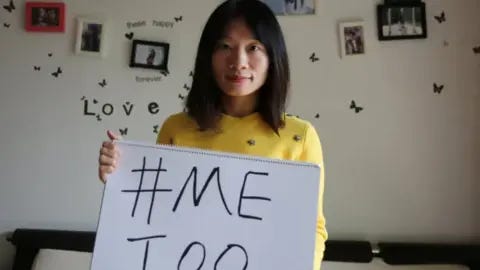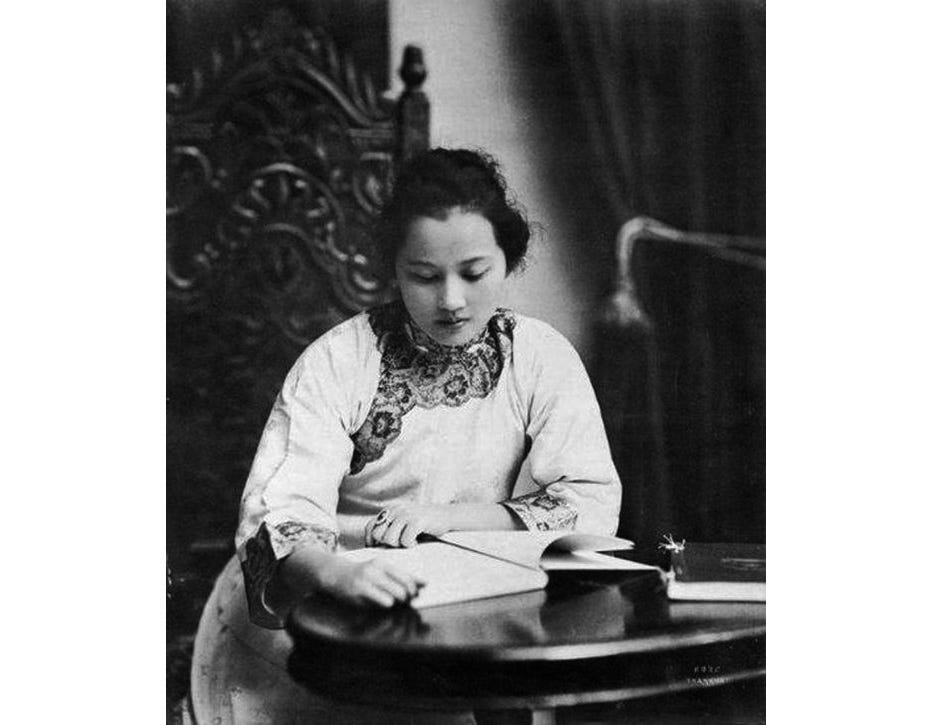Quarterly Roundup: A Feminist Odyssey | Chinese #MeToo journalist jailed for five years | Patriotism and patriarchy on Chinese social media | Can Women Be ‘Xiansheng’? | etc.
Highlighting Voices in News
Welcome to our second quarterly roundup, where we bring you the latest news and insights from the world of Chinese feminism. This week, we delve into various topics in the complex interplay of social media, state politics, and public discourse.
A Feminist Odyssey (Dalia Parete interviews former journalist and founder of Feminist Voices Lü Pin) In this interview, Parete of China Media Project speaks with Lü on the journey of Chinese feminist groups navigating online and offline challenges. The article further details how these activists employ digital spaces to amplify their voices and the increasing censorship they face. It underscores the resilience of feminist movements in China, striving to assert their presence despite regulatory hurdles.
Portrait of the Feminist Five (Li Tingting, Zheng Churan, Wei Tingting, Wu Rongrong, Wang Man) by David Revoy. Source: China Media Project
Chinese #MeToo Journalist Jailed for Five Years Frances Mao of BBC News reports the jail sentence of prominent female #MeToo activist Sophia Huang Xueqin where she was accused of “subversion against the state”. The article further underlines how the Chinese government continues to crackdown on an emerging wave of activists who speak out for the protection of others.
Sophia Huang Xueqin, 36, was arrested in 2021 while on her way to the UK to study. Source: BBC / Getty Images
Patriotism and Patriarchy on Chinese Social Media In this article written by Jiannan Luo, the doctoral research student highlights that Chinese social media has become a battleground for feminist discourse with nationalist rhetoric often intertwines with patriarchal views, complicating feminist activism. It further explores how feminists navigate these contentious online environments, pushing back against the conflation of patriotism and traditional gender norms.
Can Women Be ‘Xiansheng’? This article explores the debate over the use of the Chinese honorific "xiansheng," often translated as "Mister." Historically, the term was gender-neutral and used for both men and women. However, influenced by Western interpretations and 19th-century translations, it became gendered towards men. Efforts to de-gender the term in the modern era reflect ongoing tensions between traditional views and feminist movements in China, underscoring broader discussions about gender equality and the evolution of language.
A portrait of Soong Ching Ling, better known as Madame Sun Yat-sen. From People’s Daily Online. Source: Sixth Tone
Bringing the Struggles of China’s Migrant Women to Life This article written by Qi Lixia, a migrant advocate, discusses "The Life of Mulan," an immersive theater production by the Mulan Community Service Center that aims to highlight the struggles of China's migrant women. Through a role-playing game format, participants experience the challenges of education, employment, and family life faced by migrant women. The interactive play not only seeks to foster empathy and understanding but also to address the marginalization of migrant women by making their stories and hardships more visible and relatable to a broader audience.
Stage photos of a “The Life of Mulan” performance. From @北京木兰花开社工服务中心 on WeChat. Source: Sixth Tone
Stay tuned for more quarterly updates as we continue to explore the dynamic landscape of Chinese feminism and the individuals shaping its future. Remember, every voice matters in the pursuit of gender equality and social justice.







